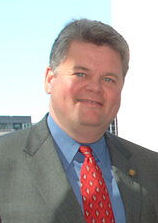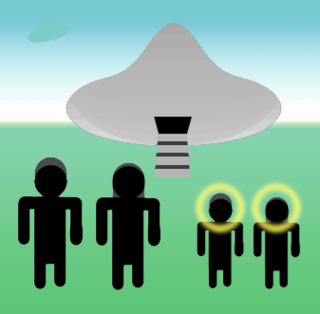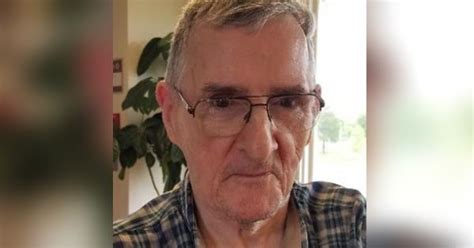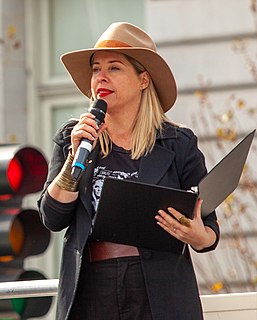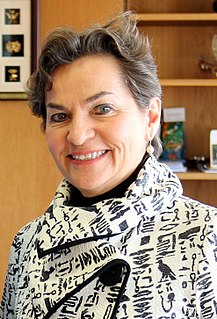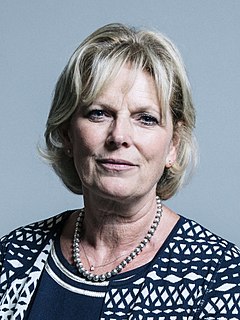A Quote by Lennart Meri
Science will liberate us from the chains of big cities and lead us back to nature.
Related Quotes
The opportunities of the twenty-first century make those of us who care about cities feel like kids in a candy store: How will cities survive and lead the way in the transformation required to combat global warming? Resilient Cities gives us a road map for this epic journey upon which we are embarking.
Big Data allows us to see patterns we have never seen before. This will clearly show us interdependence and connections that will lead to a new way of looking at everything. It will let us see the ‘real-time’ cause and effect of our actions. What we buy, eat, donate, and throw away will be visual in a real-time map to see the ripple effect of our actions. That could only lead to mores-conscious behavior.
Of course fear does not automatically lead to courage. Injury does not necessarily lead to insight. Hardship will not automatically make us better. Pain can break us or make us wiser. Suffering can destroy us or make us stronger. Fear can cripple us, or it can make us more courageous. It is resilience that makes the difference.
If I could wish the Kingslayer back in chains I would. You freed him without my knowledge or consent... but what you did, I know you did for love. For Arya and Sansa, and out of grief for Bran and Rickon. Love’s not always wise, I’ve learned. It can lead us to great folly, but we follow our hearts... wherever they take us. Don’t we, Mother?
It is not desirable that we should live as in the constant atmosphere and presence of death; that would unfit us for life; but it is well for us, now and then, to talk with death as friend talketh with friend, and to bathe in the strange seas, and to anticipate the experiences of that land to which it will lead us. These forethinkings are meant, not to make us discontented with life, but to bring us back with more strength, and a nobler purpose in living.
The storyteller is deep inside everyone of us. The story-maker is always with us. Let us suppose our world is attacked by war, by the horrors that we all of us easily imagine. Let us suppose floods wash through our cities, the seas rise . . . but the storyteller will be there, for it is our imaginations which shape us, keep us, create us - for good and for ill. It is our stories that will recreate us, when we are torn, hurt, even destroyed. It is the storyteller, the dream-maker, the myth-maker, that is our phoenix, that represents us at our best, and at our most creative.

